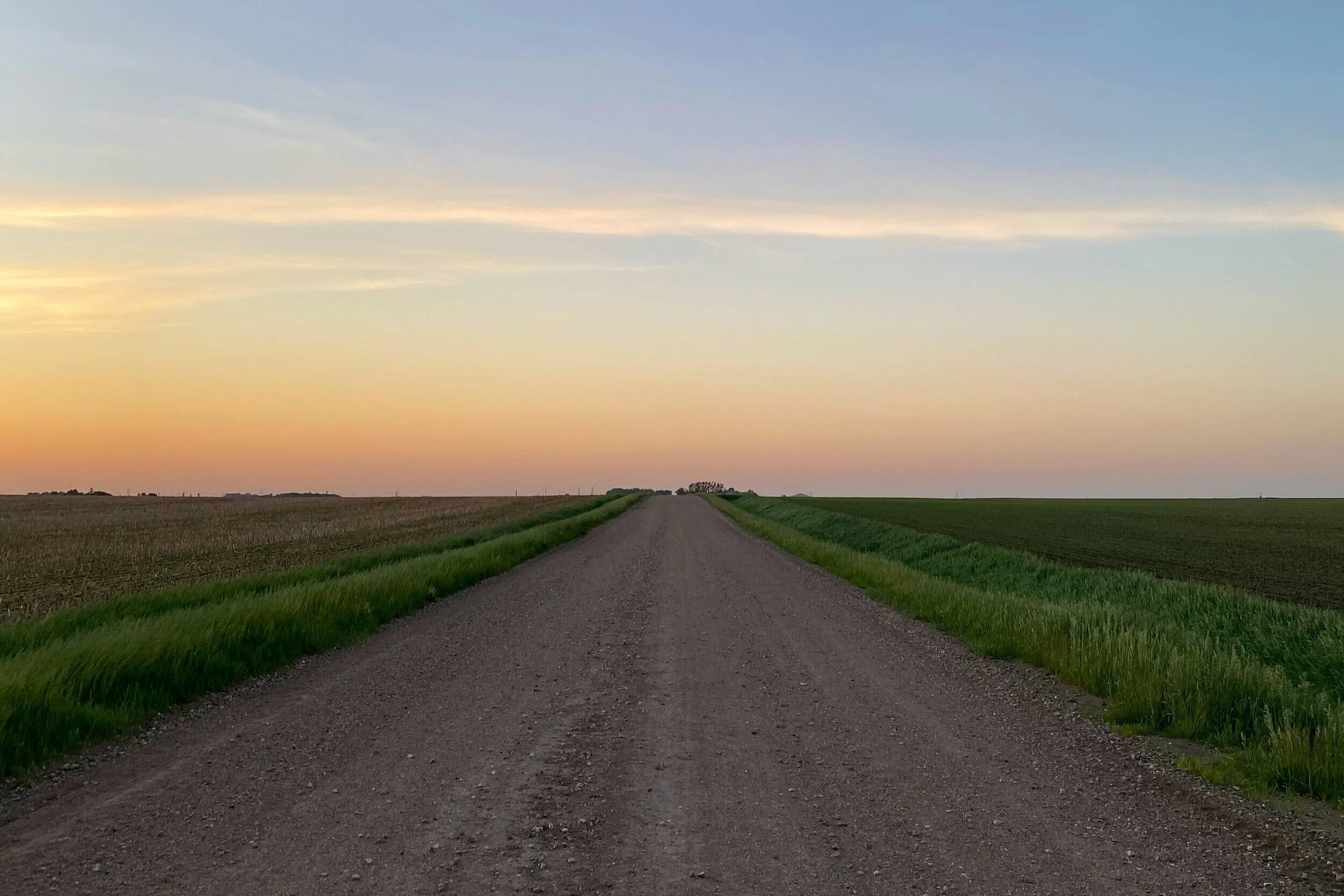Why Covid-19 Proves You Can Live and Work Rural
When our nation suddenly went into quarantine in mid-March, it instantly forced people to have to work remotely, and companies had to adjust accordingly. Social distancing became the new norm, events were cancelled, and life quickly became centered around home. Even the news networks shifted to being broadcast from newspeople’s homes. And in a very short amount of time, we learned to live by a new set of standards.
The mandated isolation highlighted the perks of rural living that many of us have already known for so long: naturally built-in social distancing, using the land to produce our food (how many people have planted a garden this year who haven’t in the past?), short commutes (if any), freedom to have a more flexible schedule, and more. It’s also shown us how important it is to support our local businesses if we want them to stick around.
President Trump said the following early on in the quarantine: “Every community is making fundamental changes to how we live, work, and interact each and every day. And I wouldn’t be surprised to see this going on long into the future when this virus is gone and defeated. Some of the things we’re doing now will be very good practice for the future.”
And it’s proved to be true. 66% of U.S. employees started working remotely at least part of the work week as a result of the coronavirus pandemic, according to a new survey from Clutch, a B2B ratings and reviews platform. Now, nearly 43% of full-time American employees say they want to work remotely more often even after the economy has reopened, according to a survey released by business publishing company getAbstract.
OPPORTUNITY FOR RURAL
Every major crisis creates unexpected problems. Every major crisis also creates unprecedented opportunities. So where is the opportunity within our current situation as we emerge from the coronavirus pandemic?
First off, I believe we will see an increase in entrepreneurship. Main Street America, a program that helps to breathe new life into communities across the nation, says past trends suggest Main Streets should anticipate a growth in entrepreneurship. The program encourages communities to plan for both new entrepreneurs and the entrepreneurial thinking that will be required from transitioning existing small businesses.
Second, I believe we will see a shift from big city living to rural living. People are craving a simpler way of life, and COVID-19 only amplified that. According to a recent Harris Poll survey, nearly one-third of Americans are considering moving to a less densely-populated area because of the novel coronavirus outbreak. We will see more people be able to live rural and work remotely from city-based companies because this pandemic has proved we can do it.
Additionally, I believe we will see a return to the things we love about rural living. Things like spending time with family, enjoying the outdoors, returning to the land as our food source, and less noise. One of the silver linings of our nation being in crisis is that it’s causing people to look at what really is important. What are we actually doing all this for? When we come out of this, which we will, how do we want life to look differently? Do we want to continue working at the pace we were or do we really like that we’ve shifted to the online space and are able to work remotely? What will be our new priorities? The truth in these answers will undoubtedly cause a change.
All of this has the capability to bring a monumental shift to our rural communities. Think about it. If people are allowed to work remotely and choose to live rural, this brings tax-paying citizens to our rural communities who are often also bringing kids into our school systems, purchasing homes, boosting our local economies, and reversing the ‘brain drain’ that has been so prevalent in many rural areas.
In order for this to happen, we have to do our part, too. It’s going to require broadband internet access for all rural Americans. It’s going to require better housing options. It’s going to require our towns offering amenities and experiences.
The opportunity is right in front of us and the time is now. Many states are working on legislation to provide broadband access and better housing options, and many grants and programs are available to help revive our small town main streets. Get behind these initiatives and show your support — and take advantage of the resources that are available to help you. Let’s remove the barriers and make rural America a place where every job can be an option and where anyone can choose to live if they want.
>> Danna Larson, Rural Revival Founder

